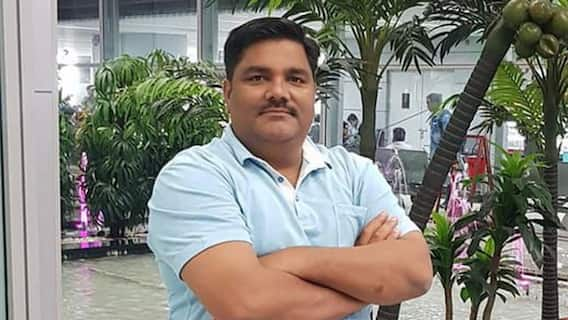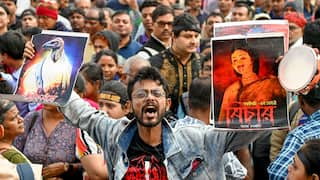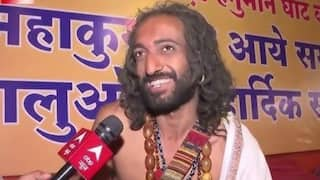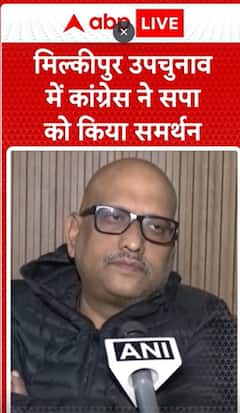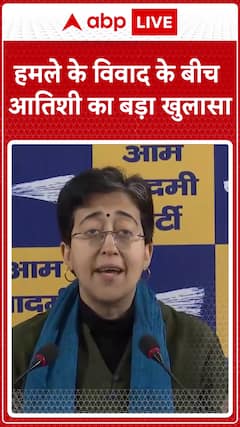Growing Economic Inequalities Need To Be Dealt With Decisively: Sonia Gandhi On India In Next 25 Years
Looking Ahead, India@2047: Sonia Gandhi writes against the odds 75 years ago, the founders of the Indian Republic set it on the path to becoming a liberal and democratic nation.

Congress president Sonia Gandhi said India has to deal decisively with "economic inequalities" over the next 25 years so "opportunities and freedoms" could be widened for all. She said while much progress has been made in the last 75 years, there is still a long way to go.
In an op-ed piece published in Hindustan Times on Wednesday, the Congress chief asserted that new challenges call for a new commitment to delivering on the people's hopes and aspirations.
"Over the next 25 years, India has to deal decisively with growing economic inequalities, bring greater integrity to its institutions, return to the spirit of social harmony, and widen opportunities and freedoms for all," Sonia Gandhi wrote.
On economic growth, she said governments have to focus on the "real economy", raising employment opportunities in core sectors such as health and education. She also said inefficient subsidies need to be replaced with basic income generation and the "power of growing monopolies" should be reined in.
Stating that "democratic environmentalism" is required for India's growth, Sonia Gandhi said the nation will progress only with a concerted effort.
"The future we seek will have to be achieved by us. Patriotism means that we have a stake in each other, and we must unite in this common cause," Gandhi said.
She said India achieved national integration while ensuring that different cultures and identities bonded together as it was understood that diversity is India's strength.
"Against the odds 75 years ago, the founders of the Indian Republic set it on the path to becoming a liberal and democratic nation. It has weathered many seasons since, but its robust foundation, laid in the early years, has ensured that it has overcome impossible odds to evolve into one of the world's leading nations," she said.
"It is now forgotten that many had prophesied that India would fail, as a poor country divided by religion, region, language, caste and tribe that had just emerged from a violent Partition and centuries of colonial exploitation. And yet, India succeeded in becoming a federal, progressive polity that accommodated all aspirations," Gandhi added.
UPA's Nurturing Framework 'Sustained' India During Covid Pandemic
In her op-ed piece, the Congress chief said the UPA government had invested in health and education and initiatives such as the Mahatma Gandhi National Rural Employment Guarantee Act, the Food Security Act and Accredited Social Health Activists (ASHAS) as well as the Right to Information Act and Aadhaar, improved welfare effectiveness and lifted tens of millions out of poverty.
She opined that while many among the elite and parties in the opposition then had ridiculed these measures, the UPA initiatives proved to be a lifeline during the pandemic and times of economic distress.
"Under the United Progressive Alliance, we understood that it was important to make sure that resources and opportunities flowed to all citizens in a time of rapid growth and rising inequality," the Congress MP wrote.
"This nurturing framework, which sustained India for many decades, is now under direct attack. Inequality has never been higher in Independent India," she said.
The Congress chief also said that previously independent authorities have now been reduced to "tools of the executive ready to do its bidding".
She alleged that state agencies turn on any political party that opposes the current dispensation and public enterprises are being hollowed out and sold to one or two private bidders.
"Previously independent authorities have been reduced to tools of the executive, ready to do its bidding in a partisan and heavy-handed way. As a result, election outcomes are being subverted by money power sustained by electoral bonds and cronyism," she said.
Trending News
Top Headlines









